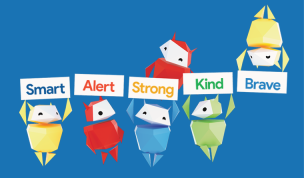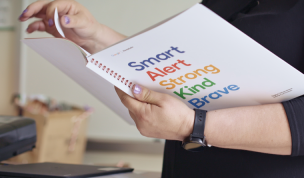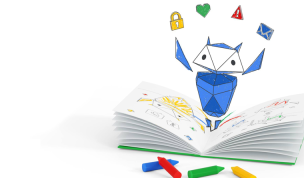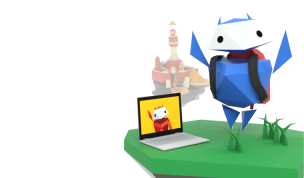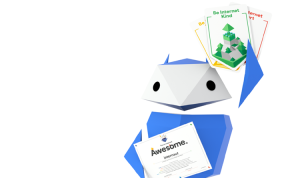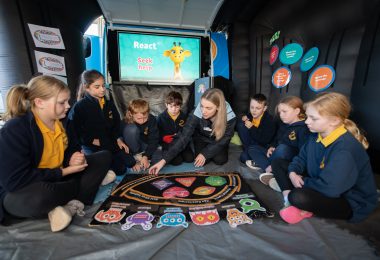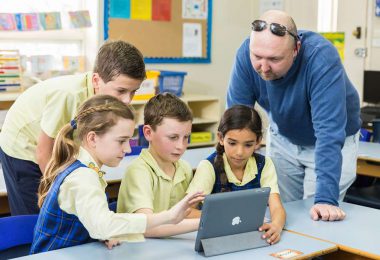Parents key in the fight against cyberbullying
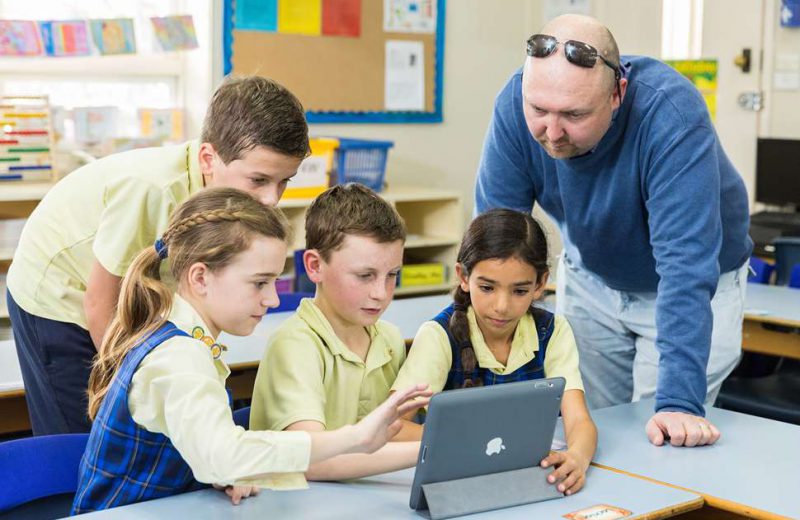
It’s an issue that strikes fear in to every parent’s heart. Before the digital age, bullying was largely confined to the schoolyard. Now it follows children home and targets them 24/7 via texts, tweets and instant chats on mobile phones, computers and tablets.
The problem is widespread. Almost one in five children in Australia have reported being the victim of cyber bullying.
We know, too well, the impact can be devastating. Cyberbullying can be detrimental to a person’s mental and physical health. Victims can experience significant social isolation and feel unsafe. It can lead to emotional and physical harm, loss of self-esteem, feelings of shame and anxiety, and learning difficulties. Young people have also taken their lives as a result of cyberbullying.
As parents, we often feel powerless to do anything about it. In fact, a recent online poll conducted by Life Ed found that Australian parents rated online safety as their top concern for their children, and were asking for more help to tackle the issue.
In response, Life Ed launched a new antibullying program this year called ‘Relate Respect Connect’, aimed at teaching children how to build safe and respectful relationships, both online and off. It builds on their popular ‘bCyberwise’ program, which reaches around 70,000 students across Australia annually.
While Australia’s eSafety Commissioner, Julie Inman Grant, says education is critical to stem the problem, parents are asking, “what can we do to help our kids?”
Cyber bullying is a complex problem, which requires schools, communities and parents working together to find solutions.
As well as teaching children about the safe and responsible use of technology, we need to equip them with skills about how to respect themselves and others, maintain positive relationships, and respond to unsafe or disrespectful behaviour, which are fundamental to promoting resilience and positive mental health.
Knowing that parents have a key role to play, the Life Ed experience doesn’t stop with the school visit. Parents are encouraged to engage with Life Ed through parent information sessions, visiting the mobile classrooms when they are on school grounds and speaking with the experienced educators. There are also free parent resources and “tip sheets” available.
With the support of community, schools and parents, together we can raise a generation of healthy young Australians living to their full potential.
Life Ed’s top tips for teaching children cyber-safety:
- Create an environment of mutual trust with your child so they feel comfortable talking to you about their online experiences
- Work together with your child to discuss responsible online behaviour, appropriate websites and applications
- Be involved in how your child uses digital devices
- Consider your personal digital behaviour and work at becoming a good role model
- Be sure you have reputable computer security software with parental controls installed
- Remind your children that people they meet online are strangers
- Talk to your children about their online reputation and how the choices that they make can follow them.

